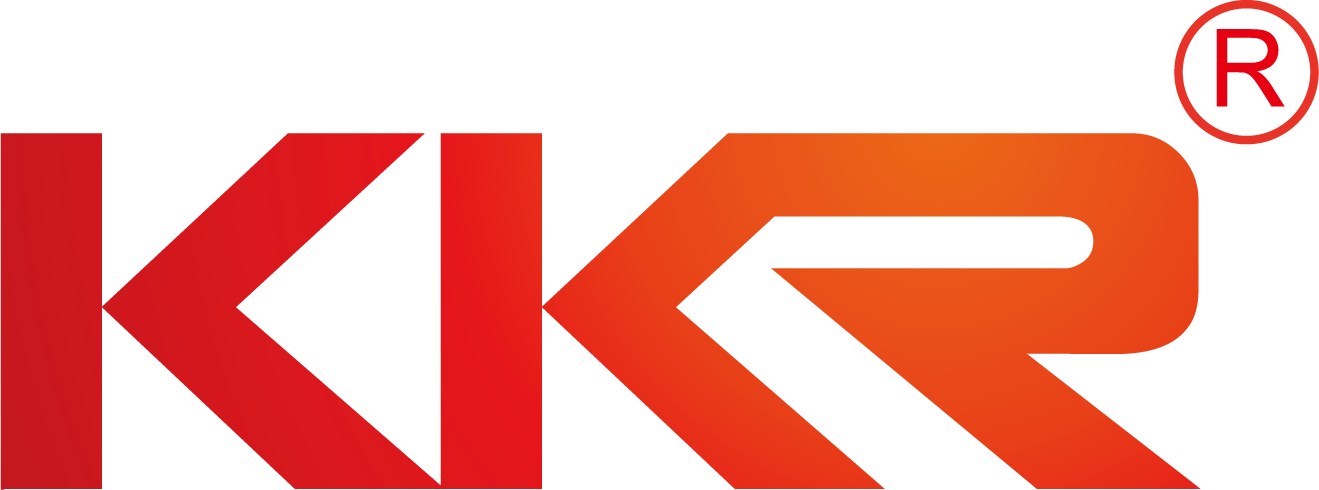 KingKonree - Solid Surface Manufacturer of Sanitary Ware, Solid Surface Countertops & Sheets for over 25 years, innovation in moulding and thermoforming
KingKonree - Solid Surface Manufacturer of Sanitary Ware, Solid Surface Countertops & Sheets for over 25 years, innovation in moulding and thermoforming
the kitchen sink economy - jul. 3, 2003 - money.
In addition to the sink in the kitchen, policy makers have thrown everything at the economy.
Will the second half help? NEW YORK (CNN/Money)-
Can \"kitchen sink\" really solve the economic problem?
Federal government and Fed policy makers have thrown everything but the kitchen sink into a sluggish economy, and most economists say their efforts will spur relatively strong economic growth in the second half of the year
Grow in a trivial 1.
Growth in the first quarter was 4% per cent and gross domestic product in the second quarter (GDP)
It is expected to grow at a rate of 3.
According to the Philadelphia Fed\'s latest survey of professional forecasters, the figures for the third and fourth quarters were 4%.
Of course, since the beginning of the recession/unemployment recovery cycle in early 2001, economic forecasters are often too optimistic and have been forced to lower their expectations many times.
\"All good growth is forecast because the financial situation has eased,\" said Interest Robertson . \"
Macquarie stock (USA).
\"But we see that this is not always going to translate into real good growth.
\"Nevertheless, Robertson and other economists have more reason to hope that this time may be different, thanks to the combination of the following two: of course, there are also flaws in all of these boosters, including: However, the biggest problem with optimism is that companies have not yet boarded the hope train ---
They are still not expanding their business or hiring workers, and these two activities are critical to economic strength in the near future.
\"Business spending is a fatal weakness in the economy,\" said Song Yuansong, chief economist at Wells Fargo.
\"The economic baton needs to be delivered from consumers to businesses.
\"We hope that consumer confidence and spending will increase in the second half of the year.
Increasing profits will eventually convince businesses to return to the water.
Unfortunately, this process may not happen overnight, and Rajeev Dhawan, director of the Center for Economic Forecasting at Georgia State University in Atlanta, expects thirdand fourth-
Quarterly GDP growth is only 1. 8% and 2.
9% respectively.
\"If consumer confidence remains stable and consumers spend money from tax cuts, once companies see a clear sign of a rebound in sales, then in September or around October, Davan said: \"They will budget and change the target of capital spending. \".
\"Then it will take months to hire employees and set up a company.
Meanwhile, the unemployment rate has risen to 9-year high of 6.
4%, maybe even higher, a sign of economic spring
Unemployed workers are looking for jobs again. The reason?
Millions of frustrated workers sit aside and stop looking for jobs, and the Labor Department does not count them as \"unemployed.
However, when they started looking for a job again, they officially became \"unemployed\" and the unemployment rate climbed.
Unemployment will also be supported by the fact that in the recent economic downturn, many companies have learned to produce more products with fewer workers.
More importantly, many companies still have too much production capacity. -
Buildings, computers and equipment they use to make things.
At the end of the 1990 s, when demand was strong and the future seemed bright, they began to invest heavily, and now they stick to it and there is no reason to invest more.
Excess and weakness in the labor market means little demand, which keeps wages and prices low.
The Fed\'s nightmare is that the economy may continue to grow, but it will never get out of the whirlpool of deflation at a fast enough pace, which is an unstoppable price drop that causes corporate profits to fall.
Citigroup chief economist Robert DiClemente said in a study this week that even if GDP is growing at a rate of 4% in the near future, as he expected, this is still not enough to make up for the weakness of the economy and prevent inflation from falling to zero, laying the foundation for future deflation.
\"It is true that fuel to accelerate recovery is accumulating,\" DiClemente wrote . \".
But that outlook does not substantially change the likelihood that inflation will remain stable.
Company Info
Address:Room No. 2408-2508, Building 5A, Longguang Jiuzuan, Longhua District, Shenzhen, China
Zip Code: 518131
Tel: +86 (0)755-82875700
Fax: +86 (0)755-82875921

